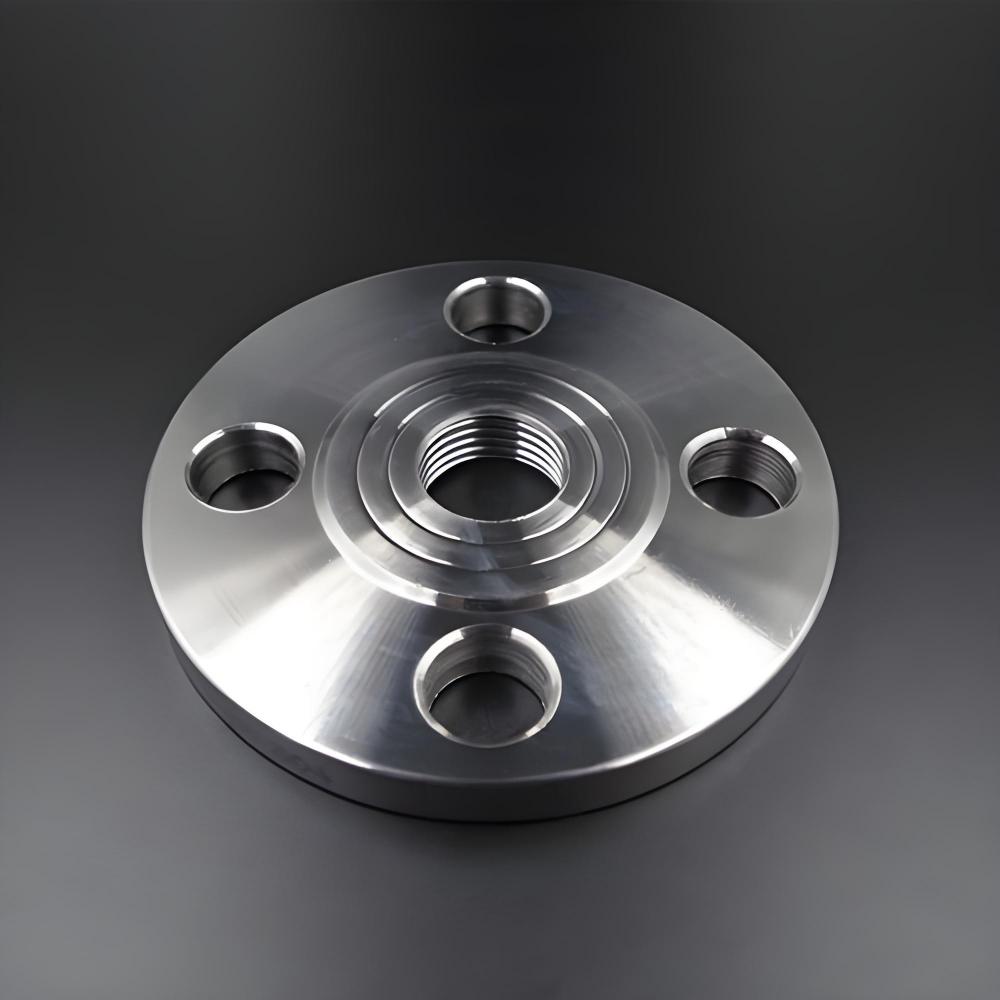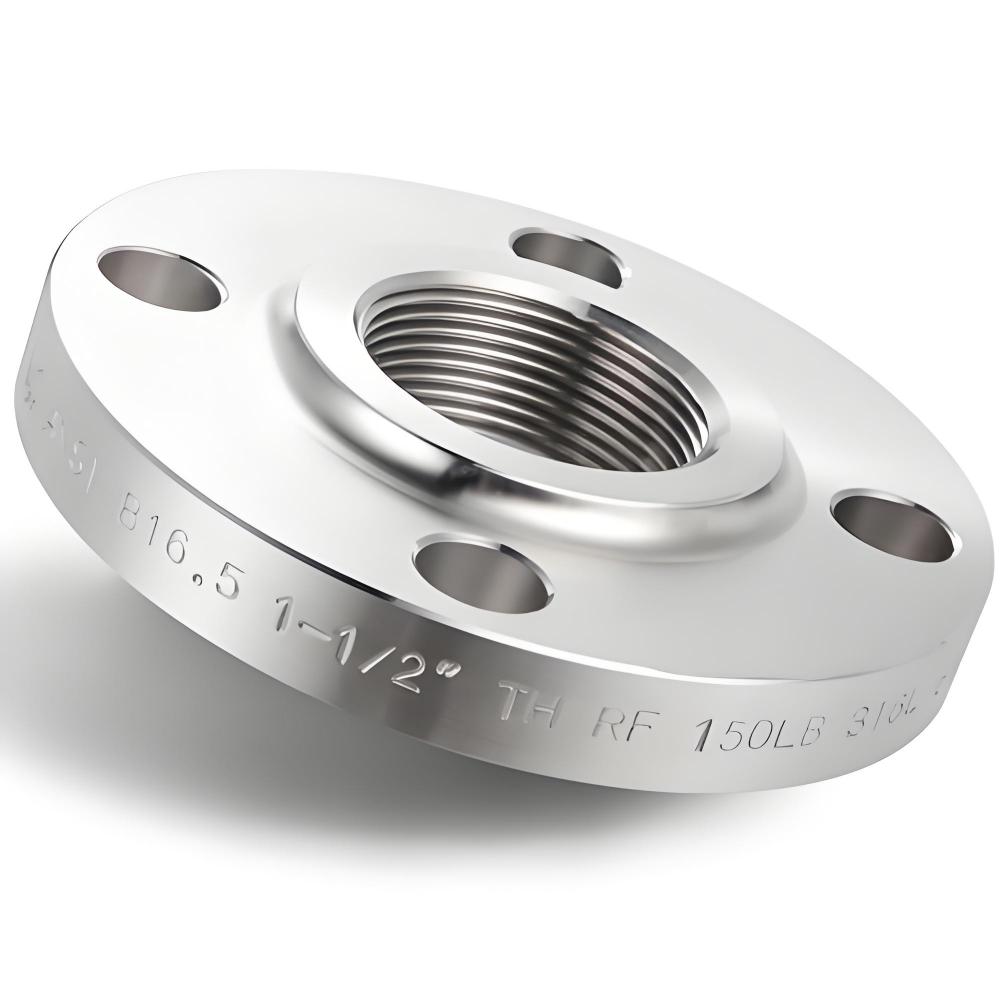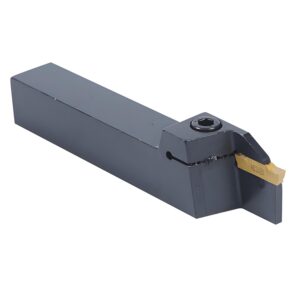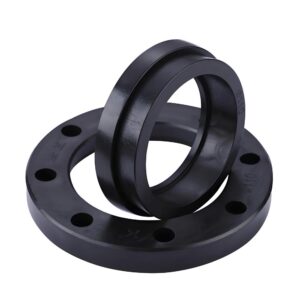Threaded flanges are essential components in industrial piping, providing a reliable way to connect pipes, valves, and fittings without welding. Their unique design makes them a go-to choice for industries like oil and gas, chemical processing, and water treatment. This guide explores what makes threaded flanges special, their practical applications, benefits, potential drawbacks, and expert tips for selection and upkeep. Written with industry professionals in mind, this article offers clear, actionable insights to help you make the most of these versatile fittings.
What is a Threaded Flange?

A threaded flange is a pipe fitting that uses internal or external threads to join pipes or components, creating a strong, sealed connection. Unlike welded or slip-on flanges, these fittings screw directly onto the pipe, making them ideal for setups where welding isn’t feasible, such as high-pressure systems or hazardous environments. Crafted from materials like stainless steel, carbon steel, or alloy steel, threaded flanges are built to withstand corrosion and tough conditions.
Their design includes a threaded bore that matches the pipe’s external threads, ensuring a tight, leak-resistant fit. Available in various sizes, pressure ratings, and face types (like raised face or flat face), these flanges meet standards like ASME, ANSI, or DIN, ensuring they work seamlessly across different systems.
Why Choose Threaded Flanges?
The threaded design allows for quick assembly and disassembly, which is a big plus for systems needing regular maintenance. Their adaptability makes them suitable for both small-scale plumbing and large industrial projects, offering flexibility without sacrificing durability.
Applications of Threaded Flanges in Various Industries
Threaded flanges shine in scenarios where ease of installation and safety are priorities. Their ability to connect pipes without welding makes them a favorite in several sectors.
Oil and Gas Pipelines
In the oil and gas industry, threaded flanges are used in pipelines, refineries, and processing plants. They’re especially valuable in high-pressure systems or areas where welding could spark safety concerns, like near flammable materials. These flanges ensure secure connections for moving crude oil, natural gas, or refined products.
Chemical Processing Facilities
Chemical plants rely on threaded flanges for handling corrosive fluids and high-temperature substances. Stainless steel versions are particularly popular for their resistance to harsh chemicals, making them ideal for reactors, storage tanks, and smaller-diameter piping systems.
Water Treatment Systems
Threaded flanges are common in water treatment plants and plumbing systems, where their ease of removal simplifies maintenance tasks like valve or pump replacements. They’re often used in low- to medium-pressure systems for water distribution or wastewater management.
Broader Industrial Uses
From HVAC systems to power generation and food processing, threaded flanges adapt to a wide range of piping needs. Their versatility makes them a reliable choice for connecting components in diverse industrial setups.
Advantages and Limitations of Threaded Flange
Benefits
- Ease of installation – No need for skilled welders or expensive equipment.
- Reusable and replaceable – Components can be removed and reused multiple times.
- Safer in flammable environments – No open flames or welding sparks.
- Cost-effective solution – Particularly efficient in small-diameter systems.
Drawbacks
- Size limitations – Not recommended for large pipes where threading becomes impractical.
- Leak potential under high pressure – Threads may loosen and leak at extreme pressures.
- Stress concentration – Threads can create weak points under certain loads.
- Temperature sensitivity – Fluctuations may affect the tightness of the threaded joint.
How to Select the Right Threaded Flange?
Picking the perfect threaded flange involves evaluating several factors to ensure it meets your system’s demands. Here’s what to consider:
Material Selection
Choose a flange material that matches your pipe and resists the fluids or gases in your system. Stainless steel is great for corrosive environments, while carbon steel works for general applications. Always check for compatibility to avoid corrosion or chemical reactions.
Pressure and Temperature Compatibility
Ensure the flange’s pressure and temperature ratings align with your system’s conditions. Standards like ASME B16.5 provide guidance on selecting flanges that can handle the required loads without failure.
Thread Specifications
The flange’s threads must match the pipe’s in type (e.g., NPT or BSP) and size. Mismatched threads can lead to leaks or weak connections, so double-check the pipe’s outer diameter and thread details.
Application Needs
Consider your system’s specific requirements. For example, if frequent disassembly is needed, threaded flanges are a smart choice. In hazardous settings, their weld-free design enhances safety.
Industry Standards
Opt for flanges that comply with standards like ASME, ANSI, or API. This ensures quality, compatibility, and reliability in your piping system.
Installation and Maintenance Recommendations
Although threaded flanges are relatively simple to use, following best practices improves safety and extends their service life.
Installation Tips
- Clean the threads on both pipe and flange before assembly.
- Apply PTFE tape or thread sealant to minimize leaks.
- Do not overtighten, as this can crack the flange or damage threads.
- Align carefully to prevent cross-threading.
Maintenance Practices
- Inspect regularly for leaks, corrosion, or thread wear.
- Replace damaged flanges immediately rather than reusing them.
- Monitor pressure and temperature to avoid exceeding rated limits.
- Lubricate bolts before reassembly to ensure proper torque and prevent galling.
Why Choose Precionn for Your Threaded Flange Solutions?
Threaded flanges are a cornerstone of efficient, safe piping systems, offering flexibility and reliability across industries. By understanding their uses, benefits, and best practices, you can optimize your system’s performance. For top-quality threaded flanges, Precionn is your trusted partner. Specializing in precision machining, Precionn delivers expertly crafted components that meet global standards, ensuring durability and performance for international customers.




